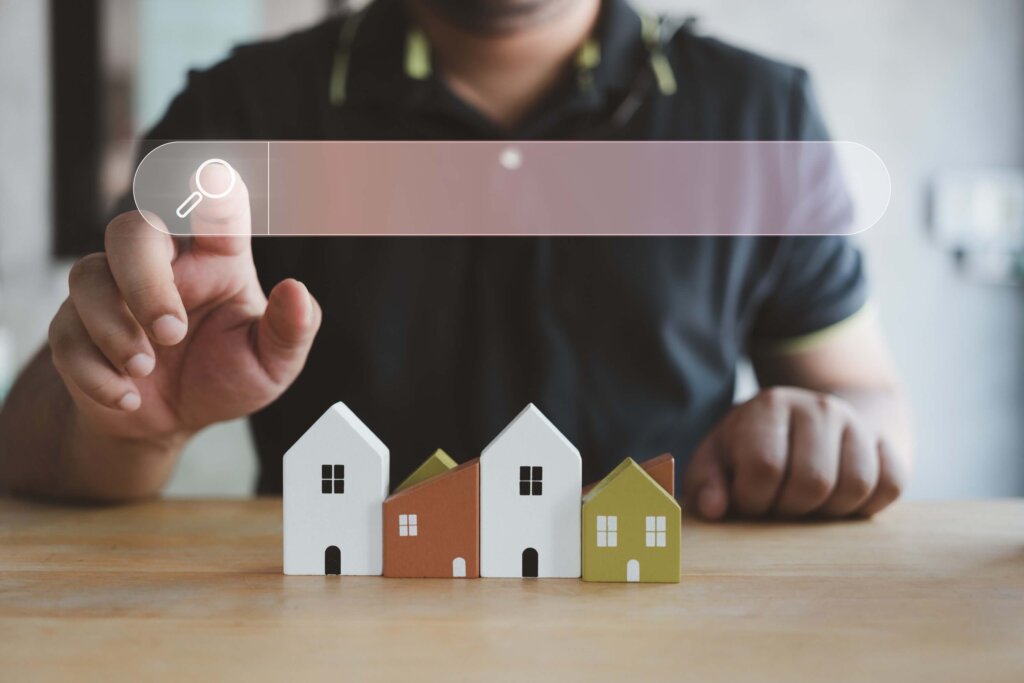
Understanding Your Homeowner’s Insurance Policy Before Hurricane Season
Hurricane season can bring about significant property damage, making it crucial for homeowners to ensure their insurance policies provide adequate coverage. Reviewing your homeowner’s insurance policy before hurricane season begins is fundamental to understanding what is protected and what might be excluded. Doing so allows homeowners to assess their financial preparedness for potential disasters and […]












